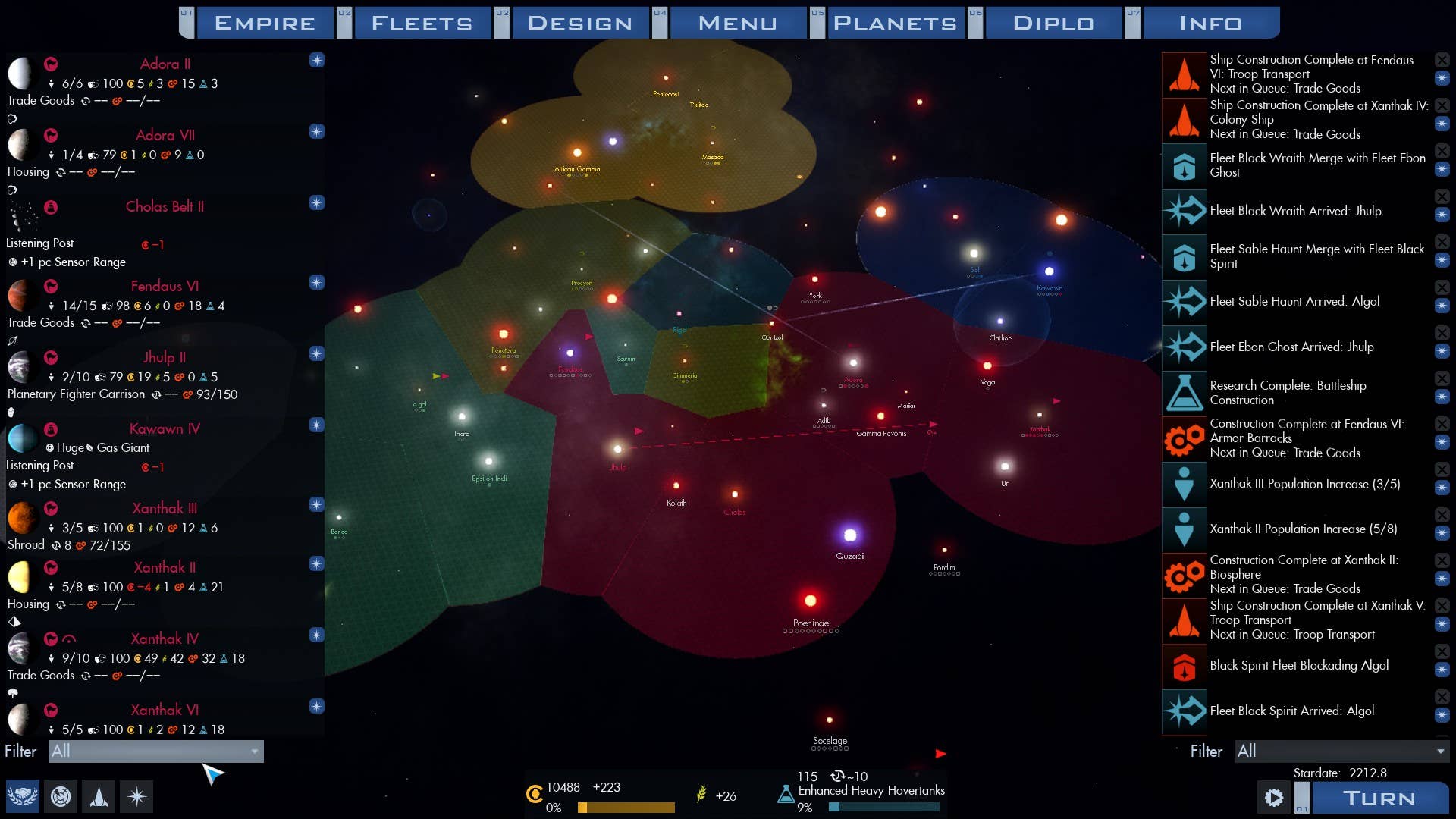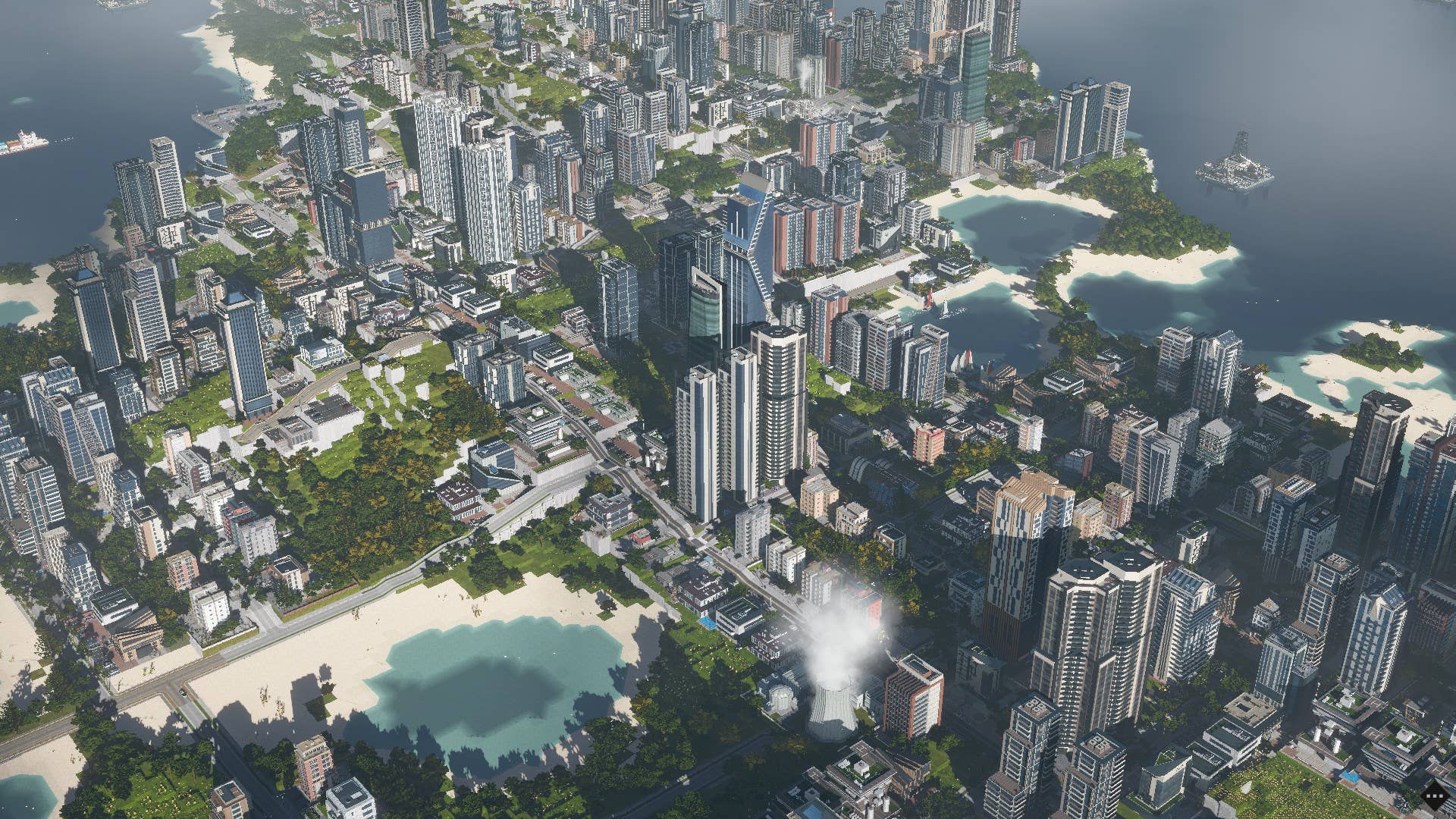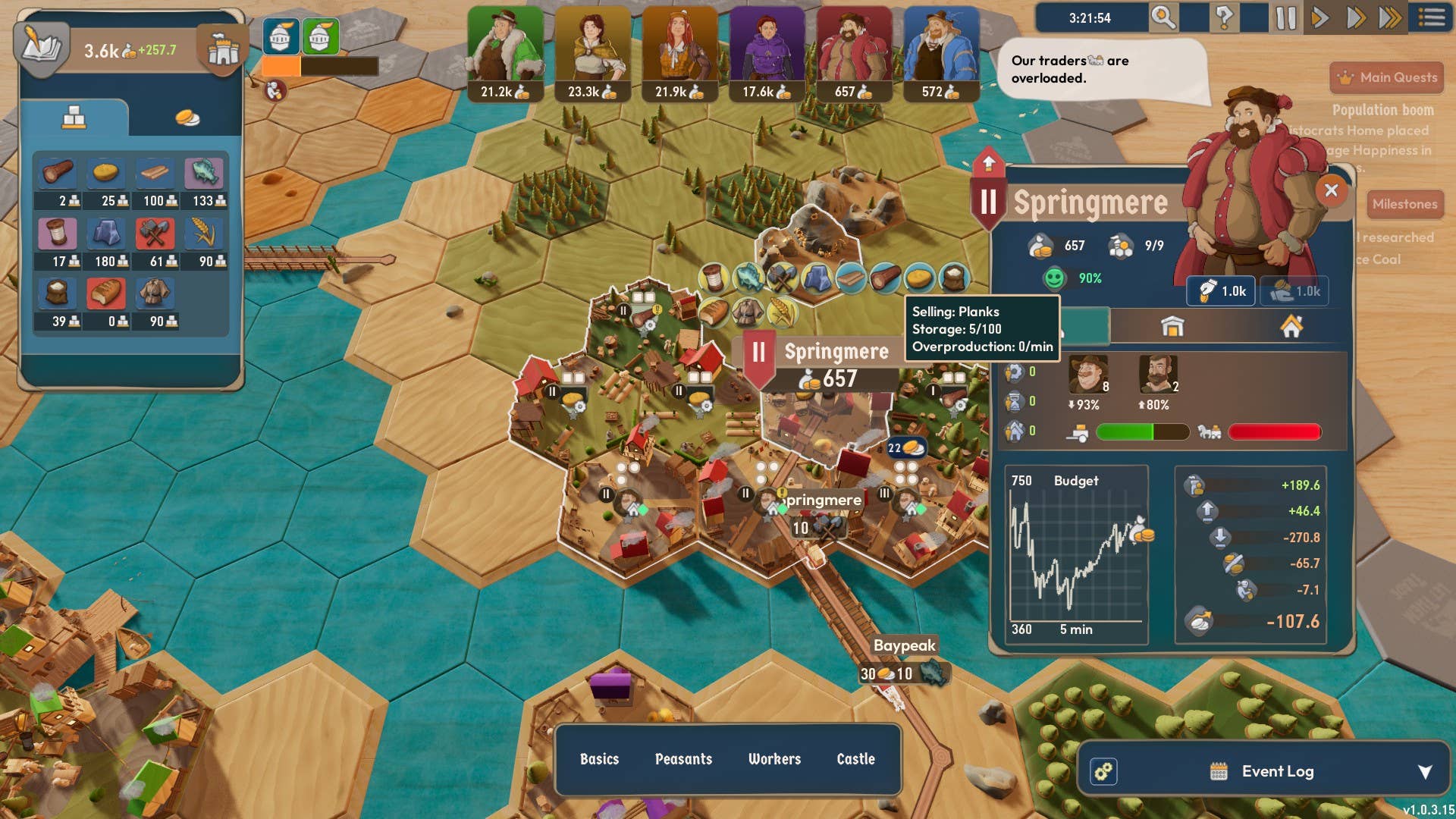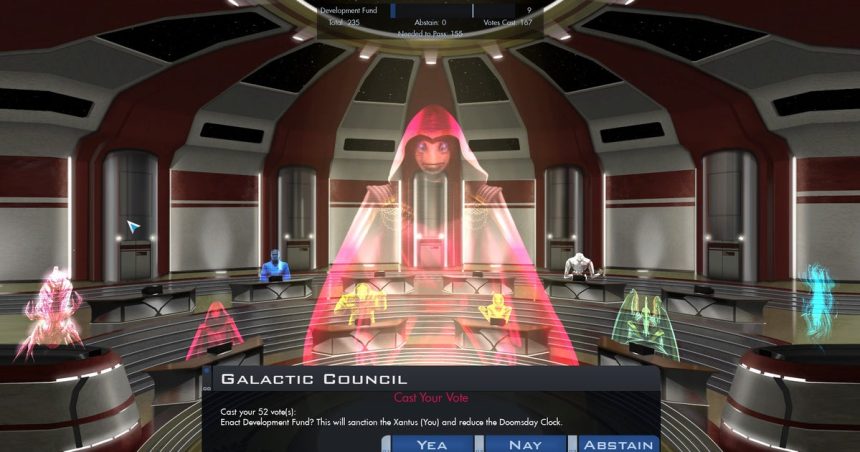Sometimes it’s fascinating to ask what readers do popular things you Thinking about playing or buying. There are countless popular games that I have never mentioned, should I do them? What if I should write about what is actually awful and making big splashes instead?
But that’s how lies look at the brain. You can already get it anywhere. Plus, I’m suffering from curses. There, if you choose a game that I hate or dull, it will ruin my life. especially Considering the time investment that even lightweight strategy games demands very easily (I know that 6 hours of “Ah, this is really limited/stolen/refluxed” game, you know).
My compromise is a list of contenders you can choose and I will work on the winner. Naturally, I need to play them a little more. You already know what happened, right? We’re doing a summary, but it’s not the last one. There are no rules for rally points.
Pagonia’s pioneer
Finally, you can play this. Because many clicks can actually minimize the inventory bar at the top of the screen. And yes, I know you can “minimize” it. It was still very distracting. But hey, that’s the worst thing I can ever say.
Although influenced by settlers, the pioneers of Pagonia avoid the ancient Six Mabear methods and instead create buildings and roads freely. But it’s still all about the road that determines how resources are carried – not instructions through your design. This is a very solid IV drip from the increasingly familiar “Wuselfaktor.” Many small people are bustling in ways that are fun to watch.
Production is very complicated, but somewhat intuitive, and is aided by the strong UI trend of telling you where you need to look if the building isn’t doing what it needs to be done. Population management is a big part of the game, as generalist individuals (careers, pioneers) are converted into experts (miners, security guards, Smiths, etc.) in the right buildings when needed. Each person is visible teeth It’s not a general framework for skills, it’s pushed back and forth from work to work. Partly because the exiled skip and “survival” are completely “survived”. Because food is fed to specific jobs rather than meters that oversee boringly. The population grows fast and doesn’t collapse at the moment when there are 23 grains instead of 26, making it easier for everyone to manage at a glance. If you need more miners, just order and people will take care of them. Better soldiers need certain equipment that require different resources, but this is primarily about layout and logistics rather than numbers.
Building manufacturing and training will also be supported automatically. Rodless fishermen don’t just see Corrales tool makers starving as you didn’t intervene. They only stock up what they need whenever and whenever they want, so there’s no need to face shortages or get intense with many picaxes of 20 redundancy. It’s a different approach, and ultimately a game to Widelands, and the other games that get it, but there’s a lot of common spirit to set people up to handle things.
This is also necessary, as the exact order in which a particular tool, building or mineral is required is relatively complicated. But Pagonia is so much fun to play, it feels like a subtly guided and fascinating complexity that you’ve been subtly guided, rather than the surviving stubborn punishment or the overwhelming pedantry of W&R. Also, when there is a battle, it’s all a little duelist going to “Yaaaarggh”. And sometimes the thieves will steal a bucket of water. You can get water, oh my god.
Lord of Rigel

Lord of Rigel is a clear love letter to Orion’s Master with hints of Master 3 of Orion 3 (this may not be an insult). I had to find out if there was a fourth or if I was confused with Star Control. This may have cursed itself at such a high bar. A very slow start builds up a fun and slightly quirky space four times with much less micromanagement than the idol, but that main plot kicked off as a neighbor with perfect relationships continues to blame them for having two cruisers in their capital, and that main plot declares me without warning.
I would like to thank for its appearance, especially the short cutscenes when the colony was founded, and the short cutscenes when Amoeba rolled up. Most novels are research. This provides dozens of fields (the prerequisite fields are hidden until they are completed) each with three technicians. However, you can pick up others through trade, spying, or occasionally hiring characters who provide it ( Absurd (good deal). Technology is also very diverse in each field, making decisions feel more than just a build order, making the subjective specialization more impactful. But… I don’t know. It’s fun and impressive for small developers, but they’re biting more than they can bite without big name money. However, play fair to them for regular updates.
CityState 2

I regret making this a mere thing. Despite that limitation, a few years ago I occasionally played CityState 2 for a day or two, and while I was stopped and satisfied, its companions kept me bored, blowing away time and ousting my regrets. It’s an incredibly clean game, and yes, I appreciate that its political options primarily leading to tweaking the statistics up and down, but that’s more than the attempts of most Simcity descendants. It also allows for goals such as “banning private banks, private schools, stock markets, religion, and damn smartphones.”
Bake some parts half-baked. The tricky thing is that you can’t place anything without first placing the connecting road. There is no sufficient summary or overlay for things like public transport. However, the main idea of CityState is that instead of one supercity, the world map is a single country and each square is a different city. So, after building something new a few nights, you can still try something else in the same game, considering that it’s finished. Other cities enter Stasis and Links don’t actually work. But I fell in love with it and it very much tells me that despite it preceded Skylines 2 a few years ago, it’s not a contest that I’m back.
Also, there is no truth to the rumor that the fires of a large skyscraper were caused by distracting me and crashing a helicopter. Stay silent and take your essential medicine, citizen.
Let them trade

Don’t be fooled by its bright and friendly appearance. Let Them Trade is a complex economic simulation in a way that you can’t remember what you’ve seen before, with more moving parts and important details than you’d ever guessed.
But it’s not a survival game either. I don’t think there’s a hard fail situation just to ruin it badly and slow things down. Even optional bandits are not existential threats. They live to steal merchants and don’t kill everyone for no reason.
I’ve come out of one mess. There, everything stopped through a shortage of wood. You can face consequences badly, but it’s not interested in punishing you.
You put the town and build a hexagon. These do not add wood, tools, etc. to the pile. They add them to shops in that town. The second, third and seventh villages are built, and the first village exports what it produces for money. your Money comes from taxes on these transactions. Each town has its own Ministry of Finance, which manages its business independently. The more self-sufficient the town, the less it will benefit you and the space in the building is limited. There is also a dynamic market system, which means that items are inadequately costly and building another source can lead to a sudden decline in single resource towns.
However, by purchasing town, you will need to do so as you will need to send your cart back to the seller with money (and therefore the bandits). Plus, a town that will boost your money isn’t ideal. It’s a trade imbalance, money not spent on someone else’s construction or supply.
Over time, research (burning of products purchased automatically at market prices, or manually purchasing if planned earlier) will provide new buildings, resources, and types of workers, all become more complicated. Upgrades allow for redevelopment by condensing homes, increasing efficiency when new resources are imported, often with multiple options.
Give them great strength in trade. The reward for a plan is not mere survival. It is satisfaction with smooth operation. Settlers come to mind naturally, but this is a much more friendly game. Like the knightly jointed wooden horses and the different colours and mayors of each town, I love the touch of character. Or a secret cat.
It is a very impressive, well-balanced act, more substantial than its lightweight aesthetic suggests, but not as tiring as it is. You will not play forever, but who has forever?
(Tagstotranslate) CityState II (T)Trade them (T)Rigel (T)Pagonia (T)Envision Entertainment (T)Icberg Interactive (T)Indie (T)PC (T)Simulation (T)Strategy (T)Strategy (T)Strategy: Builder (T)Strategy: Grand Strategy/4X (T)Strategy (T)Strategy (T)Strategy (T)Strategy (T)Strategy (T)Strategy (T)








